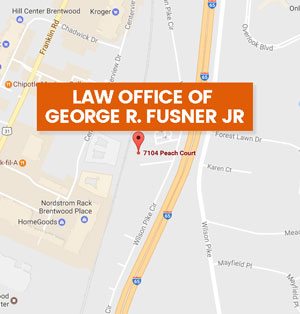The rule … is that if there is presented to a corporate officer or director a business opportunity which the corporation is financially able to undertake, which is, from its nature in the line of the corporation’s business, and [is] of practical advantage to it, and which is one in which the corporation has an interest or a reasonable expectancy, and if, by embracing the opportunity, the self interest of the officer or director will *605 be brought into conflict with that of the corporation, the law will not permit him to seize the opportunity for himself. If he does the corporation may claim the benefit of the transaction. This so called doctrine of corporate opportunity is a species of the duty of a fiduciary to act with undivided loyalty; it is one of the manifestations of the general rule that demands of an officer or director the utmost good faith in his relation to the corporation which he represents.
Tennessee Dressed Beef Co. v. Hall, 519 S.W.2d 805, 808 (Tenn.App.1974) (quoting 19 Am.Jur.2d Corporations § 1311).FN1
FN1. For the current version of the quoted language, see 18B Am.Jur.2d Corporations § 1770 (1985).
This doctrine precludes an officer from seizing a corporate opportunity of which he becomes aware as a corporate officer, regardless of whether the transaction is consummated during the existence of the fiduciary relationship or after its termination. Stangenberg v. Allied Distrib. and Bldg. Serv. Co., 1986 WL 7618, at 7-8 (Tenn.App. July 9, 1986). Thus, a corporate officer may not escape his fiduciary obligation by resigning from the corporation and seizing the corporate opportunity for himself. Id. As this court has explained,
Resignation from an office or position burdened with a confidential or fiduciary obligation does not sever accountability for a transaction which had its inception prior to resignation. Were the rule otherwise, the fiduciary obligation would disintegrate by resignation of the fiduciary whenever the attraction of personal gain … proved stronger than what would then be an unenforceable moral obligation.
Id., at *8 (quoting Albert A. Volk Co. v. Fleschner Bros., 60 N.Y.S.2d 244, 245 (N.Y.Sup.Ct.1945), modified on other grounds, 273 A.D. 994, 79 N.Y.S.2d 893 (N.Y.App.Div.1948)).
Venture Exp., Inc. v. Zilly 973 S.W.2d 602, 604 -605 (Tenn.App.,1998)



